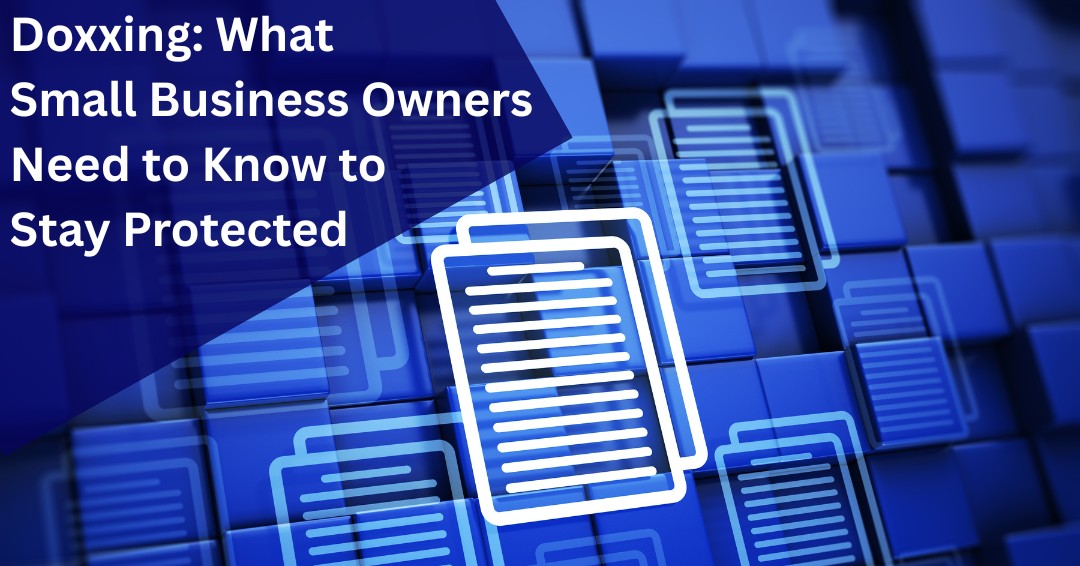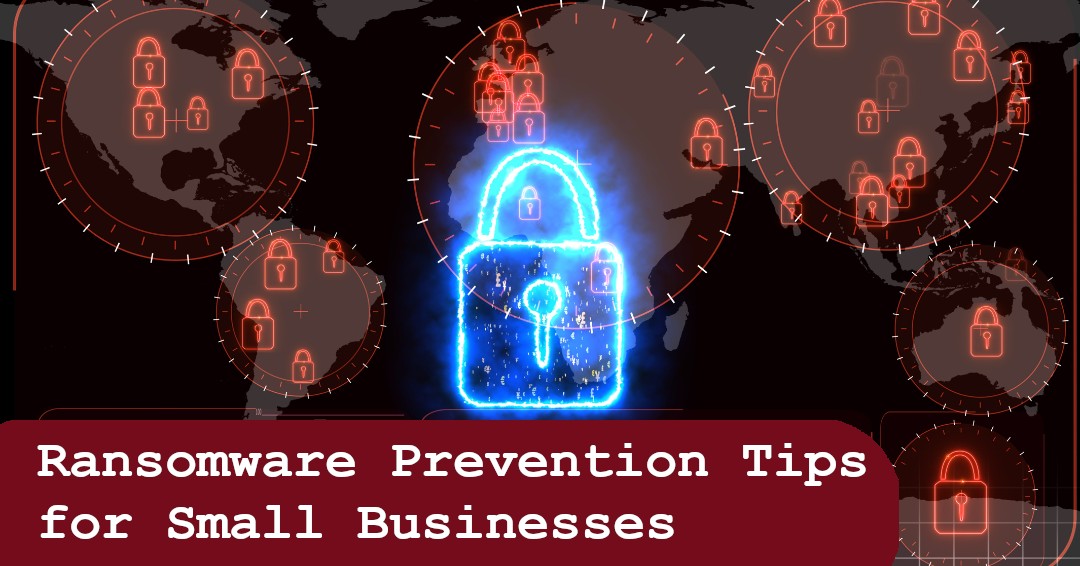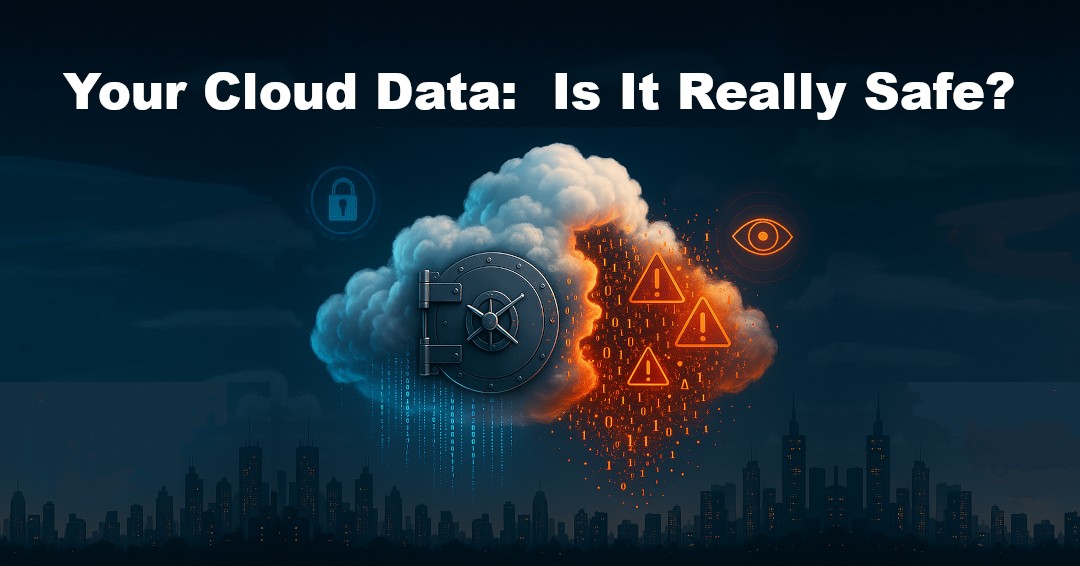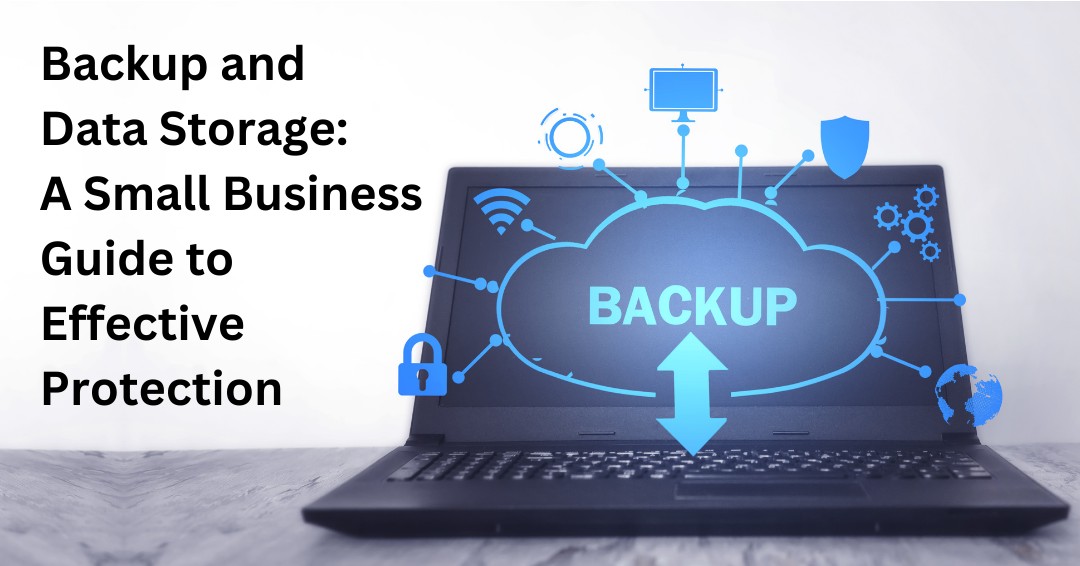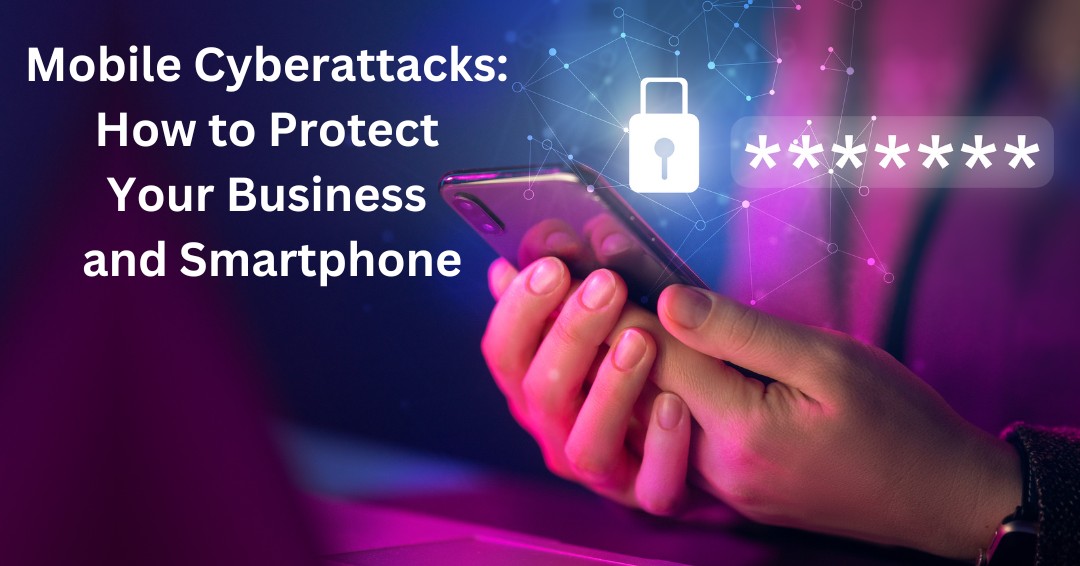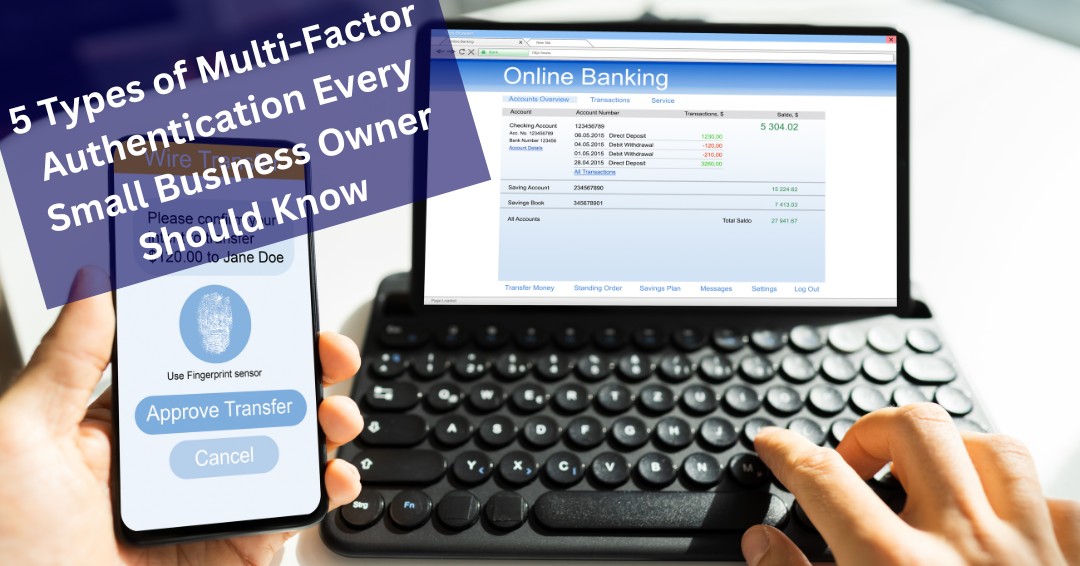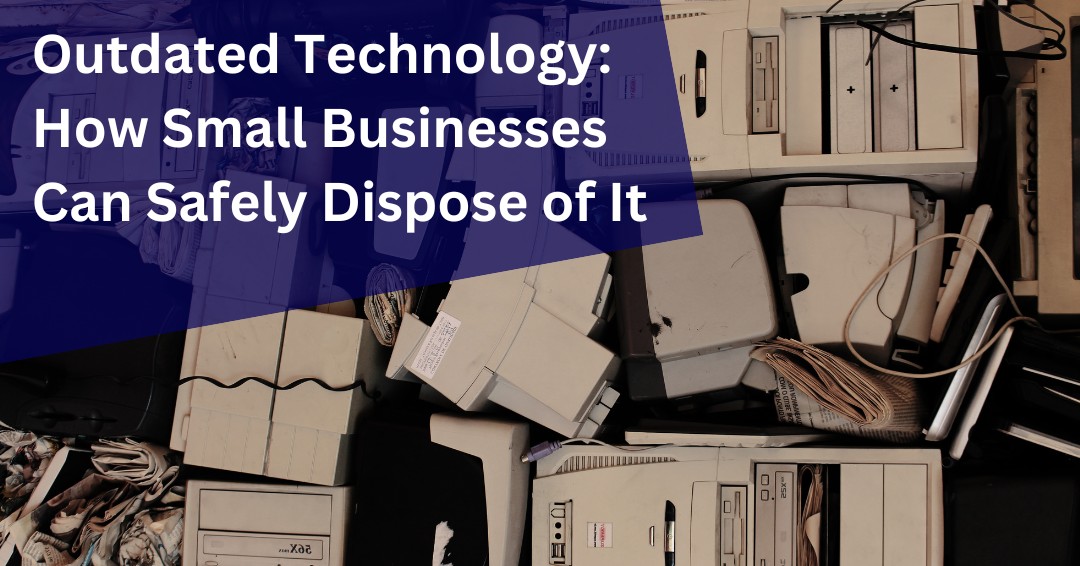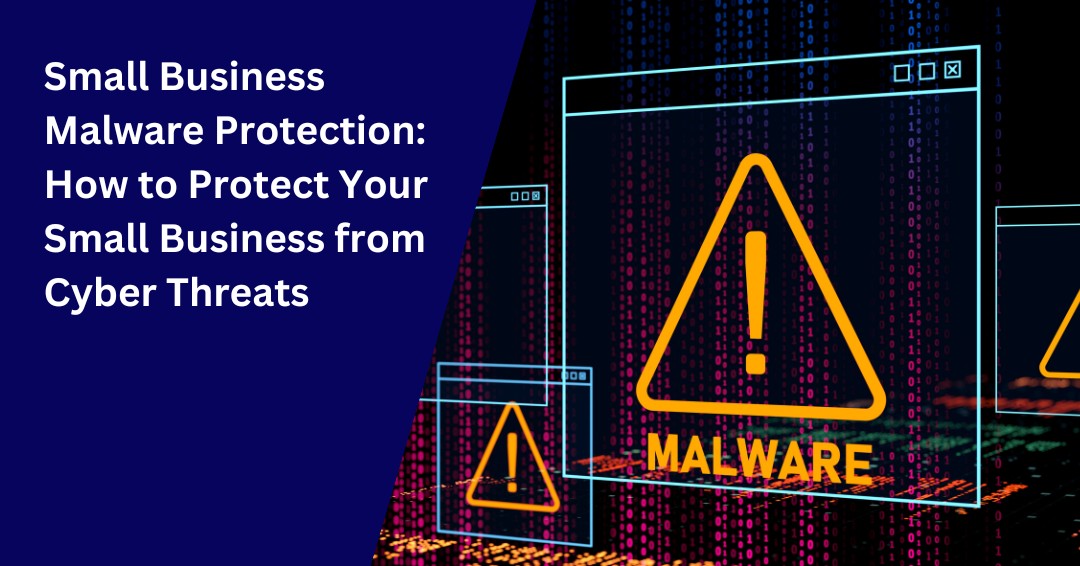Why Doxxing Matters to Your Business
As a small business owner, your personal and professional lives are often deeply intertwined. Your name, contact details, and even your home address might be tied to your business licenses, website domains, or social media accounts. That makes you a prime target for a growing cyber threat: doxxing.
Doxxing is when someone deliberately exposes your private information online without your permission. This can lead to harassment, identity theft, or even threats to your physical safety and it’s not just a problem for celebrities or Fortune 500 CEOs. Over 11 million Americans have already been affected.
Let’s break down what doxxing is, why it’s a real risk for small business owners, and how you can protect yourself and your business.
What Is Doxxing and Why Should You Care?
Doxxing (short for “dropping documents”) is a form of cyberattack where someone uncovers and publishes your personal details online. This could include:
- Your full name
- Home or business address
- Phone numbers
- Email addresses
- Social Security numbers
- Workplace or employee information
- Private photos or documents
For small business owners, this is especially dangerous. If you’ve ever had a disgruntled customer, a competitor with a grudge, or even a heated online exchange, you could be at risk. Once your information is out there, it can be used to harass you, damage your reputation, or even threaten your family.
Real-World Example: When Business Decisions Spark Backlash
Imagine you run a small company and decide to change your return-to-office policy. You post about it on LinkedIn or your company blog. Some employees or followers disagree and one of them retaliates by posting your home address and phone number online.
This isn’t hypothetical. Executives at large companies have faced this exact scenario. But it’s happening more and more to small business owners, department heads, and even freelancers. The consequences? You might need to hire security, pause public appearances, or deal with a flood of threatening messages.
How to Protect Yourself and Your Business from Doxxing
Small business owners often wear many hats marketing, HR, customer service and that means your digital footprint is larger than you think. Here’s how to reduce your risk:
- Limit What You Share Online
- Avoid posting your home address, personal phone number, or family details on business websites or social media.
- Set your personal profiles to private and regularly review who can see your posts.
- Be cautious about sharing photos that reveal your location, routines, or family members.
- Watch Out for Metadata
Photos you post (especially from your phone) can include location data. A few vacation or office photos could reveal your daily routine or where you live. Use tools or settings to strip metadata before uploading images.
- Strengthen Your Digital Defenses
- Use multi-factor authentication (MFA) on all business and personal accounts.
- Create strong, unique passwords and store them in a password manager.
- Don’t use your real name or business email on public forums or gaming platforms.
- Consider using a virtual business address instead of your home address for registrations and public listings.
- Monitor Your Online Presence
- Regularly search your name, business name, and key employees to see what information is publicly available.
- Set up Google Alerts for your name and business to catch any unexpected mentions.
- Use a reputation management service or cybersecurity firm to help monitor and remove sensitive data from data broker sites.
What to Do If You’re Doxxed
If your information is exposed:
- Document everything: take screenshots, save URLs, and note timestamps.
- Report the incident to the platform where the data was posted. Most have policies against doxxing.
- Contact law enforcement if you receive threats or feel unsafe.
- Notify your employees if the doxxing could affect them or your business operations.
- Consult a cybersecurity expert to help scrub your data and secure your systems.
- Review your business continuity plan to ensure you can operate safely if you need to temporarily step back from public-facing roles.
Legal Protections Are Growing
Many states and countries now have laws against doxxing, especially when it involves threats or leads to harm. However, enforcement can be slow and inconsistent. That’s why prevention and preparation are your best defenses.
Final Thoughts for Business Owners
Doxxing isn’t just a tech issue it’s a serious threat that can disrupt your business, damage your reputation, and put your safety at risk. As a small business owner, you’re often more exposed than you realize. But with proactive steps, you can significantly reduce your risk and respond effectively if it happens.
By treating your personal data like business-critical information, you can protect not just yourself, but your employees, your customers, and the future of your company.

